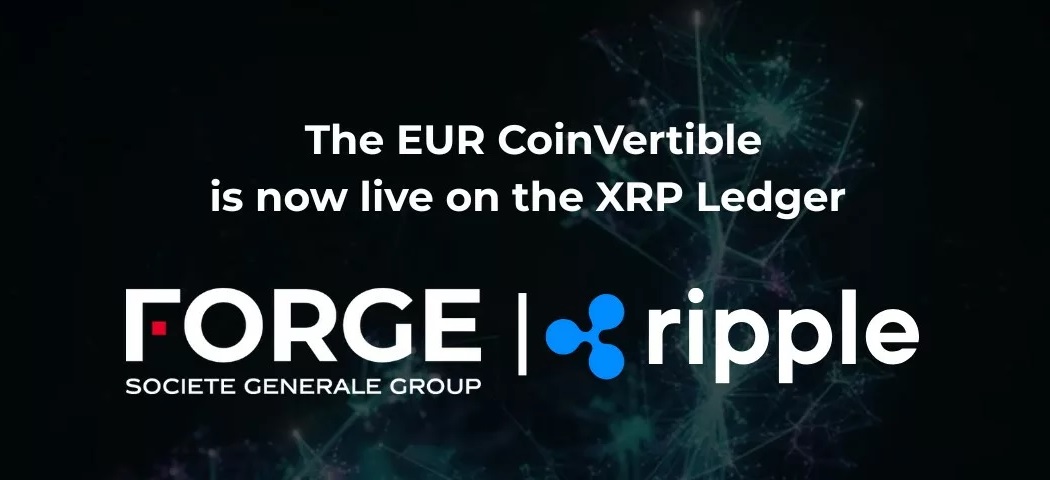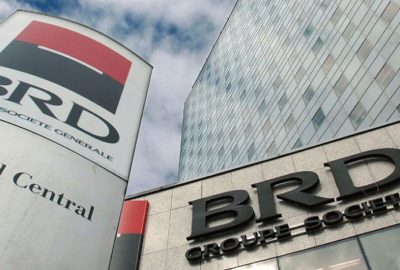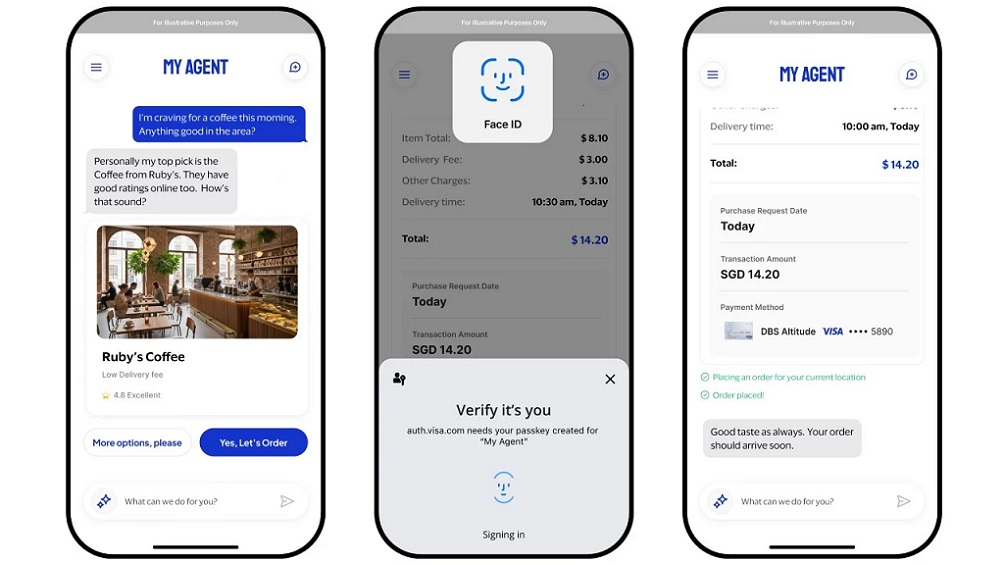A.T. Kearney report: „Europe’s banks could have a very promising future but an open mind will be vital”

European banks could have a promising future–but it will be very different from the past. „An open mind and willing stance on disruption and change will be vital for those seeking sustainable competitive advantage.”, according to the latest editon of A.T. Kearney Retail Banking Radar report. The 2017 Retail Banking Radar report is supplemented this year by a new industry scenario exercise describing three alternate visions of disruptive change in European retail banking.
Future looking scenarios
Retail banking is in the midst of a period of unprecedented change as economic, regulatory, and competitive pressures combine to create an era of high uncertainty and significant opportunity. „How today’s retail banks will be impacted is not clear, but several scenarios may play out over the next few years as bank plan and take action to put themselves in the best possible position to succeed.”, according to the authors.
A.T. Kearney sees three potential scenarios:
1) Open banking. A new third party enters the ecosystem and manages to disintermediate a significant volume of retail banking customers across Europe.
2) Global shocks. The political apheaval from Brexit and recent US elections extends into a contraction of investment and confidence across the continent.
3) Rise of the giants. One of the digital giants harnesses its potential by materially disrupting the financial services market.
Open banking
The revised Payment Services Directive (PSD2) and open banking are a reality that all European retail banks are dealing with, yet how this legislation will shape the payments and banking landscape is highly uncertain. Banks within the European Commission are required to give third parties access to customer data and to process payments if a third party requests it on behalf of an account holder. There is every opportunity for a new third party to leverage these changes to disrupt the market. Consequently, this scenario offers the greatest potential impacts arising from PSD2 and serves as an interesting bookend when considering the strategic options. In this scenario, we see two main impacts on European retail banks:
Disintermediation of end consumers. Acquiring new customers for banks is expensive, and when possible, banks would rather retain an existing customer than acquire a new one. PSD2 and access to accounts provision could make customer retention much more challenging. Depending on third parties’ user experience, they could become the de facto interface between a bank and the end consumer. To protect against this disintermediation, we could see the start of a new user experience “arms race” between banks, fintechs, and digital giants to determine which stakeholders capture the end-customer interaction.
Competition for best services. Existing competition for products such as accounts will be transformed into competition for services such as transaction initiation or account aggregation. PSD2 and access to accounts will likely be only a first step in this journey, and other product area will follow. In this context, services will be far more than data APIs, and the banks’ target groups will be broadened, for example toward merchants and OEMs. Banks will need to rethink their value chain and identity which services are marketable from both a sourcing and a selling perspective. Open banking might be a paradigm change with significant influence on cost and revenue…
The full 2017 A.T. Kearney Retail Banking Radar report, delivering detailed and in-depth insights and viewpoints on the current state and future of European banking, with case studies that highlight and analyze class-leading champions, is now available to download.
The 2017 retail banking radar report – „The tide of change shifts all banks”
Dariusz Mazurkiewicz – CEO at BLIK Polish Payment Standard
Banking 4.0 – „how was the experience for you”
„To be honest I think that Sinaia, your conference, is much better then Davos.”
Many more interesting quotes in the video below:









